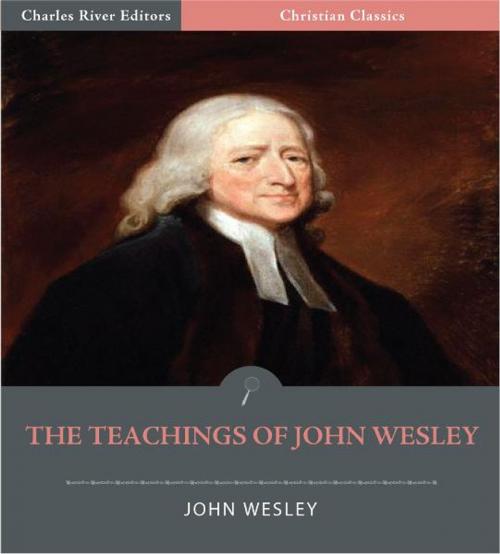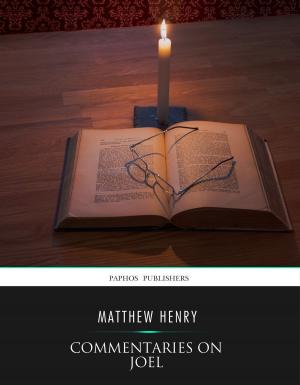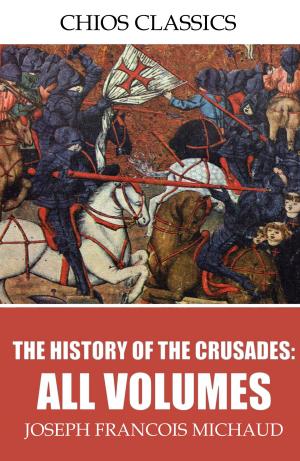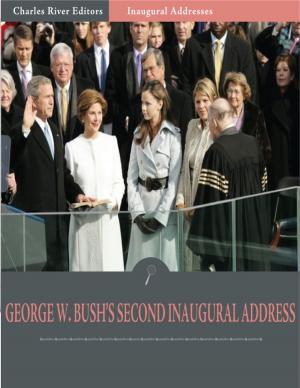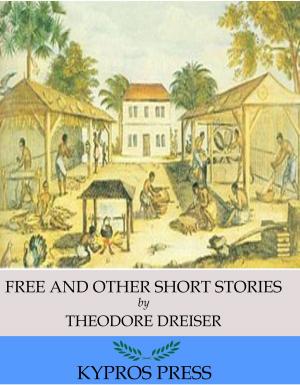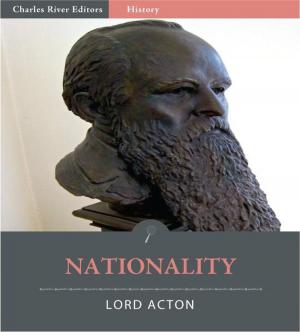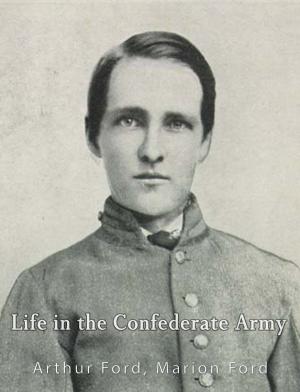The Teachings of John Wesley
Nonfiction, Religion & Spirituality, Christianity, Denominations, Methodism, Inspiration & Meditation, Preaching, Christian Life| Author: | John Wesley | ISBN: | 9781619825680 |
| Publisher: | Charles River Editors | Publication: | February 17, 2012 |
| Imprint: | Language: | English |
| Author: | John Wesley |
| ISBN: | 9781619825680 |
| Publisher: | Charles River Editors |
| Publication: | February 17, 2012 |
| Imprint: | |
| Language: | English |
John Wesley (28 June [O.S. 17 June] 1703 2 March 1791) was a Church of England cleric and Christian theologian. Wesley is largely credited, along with his brother Charles Wesley, as founding the Methodist movement which began when he took to open-air preaching in a similar manner to George Whitefield. In contrast to George Whitefield's Calvinism, Wesley embraced the Arminian doctrines that were dominant in the 18th-century Church of England. Methodism in both forms was a highly successful evangelical movement in the United Kingdom, which encouraged people to experience Jesus Christ personally. Wesley's writing and preachings provided the seeds for both the modern Methodist movement and the Holiness movement, which encompass numerous denominations across the world. In addition, he refined Arminianism with a strong evangelical emphasis on the Reformed doctrine of justification by faith. This collection of Wesleys teachings includes his advice on worship and prayer and his thoughts on predestination. It is specially formatted with a Table of Contents.
John Wesley (28 June [O.S. 17 June] 1703 2 March 1791) was a Church of England cleric and Christian theologian. Wesley is largely credited, along with his brother Charles Wesley, as founding the Methodist movement which began when he took to open-air preaching in a similar manner to George Whitefield. In contrast to George Whitefield's Calvinism, Wesley embraced the Arminian doctrines that were dominant in the 18th-century Church of England. Methodism in both forms was a highly successful evangelical movement in the United Kingdom, which encouraged people to experience Jesus Christ personally. Wesley's writing and preachings provided the seeds for both the modern Methodist movement and the Holiness movement, which encompass numerous denominations across the world. In addition, he refined Arminianism with a strong evangelical emphasis on the Reformed doctrine of justification by faith. This collection of Wesleys teachings includes his advice on worship and prayer and his thoughts on predestination. It is specially formatted with a Table of Contents.
